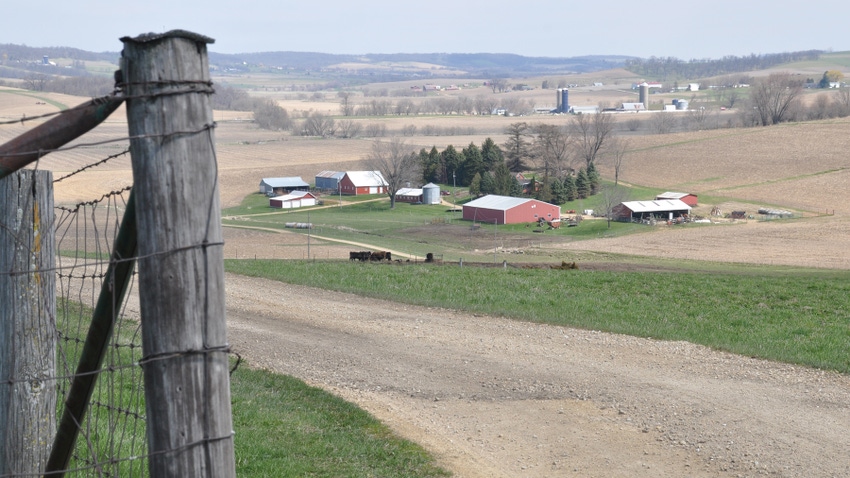January 30, 2023

Have you ever heard someone say, “It’s working, so why change it?” There is a degree of truth in that, but it is not ultimate wisdom when you’re planning for the future.
Planning is inherently about the future. It’s about the decisions that need to be made today to assure that certain things will happen tomorrow, or next year, or in the next generation. What should I be doing today to bring about results I want in the future?
There are plenty of examples of this in the estate planning world, where leaving things status quo just because it seems to be working actually exposes your family to unnecessary difficulties down the road.
An example that I wrote about extensively a few months ago was co-ownership of investment assets, especially real estate. That might be working out OK for you and your brother and sister, but it is far less likely to work well when your children, nieces and nephews become owners.
I recommend that while you are getting along well with your siblings, do the hard work of dividing up assets so you can pass some independent control to your children, and they can do the same for theirs, rather than handcuffing cousins together when their interests are going to vary widely.
Real life plays out
A variation on that situation arises when a family doesn’t carry out a deceased parent’s estate plan. Mom passes away. She had a revocable living trust. The trust says that at her death, distribute her real estate to her three children equally. There are no strings attached. One of the children is the trustee. He spends the absolute minimum time with any attorney after Mom’s death. During the year or so after Mom’s death, the accountant says the children can just split the income equally. It works OK for a year or two. Why change anything?
Ten years later, the eldest son dies. What happens to his part of the real estate? The county records show the name as Mom’s trust, so they must look to her trust document. Mom’s trust probably says that if a child dies while his share is in the trust, his share goes to his children.
She wasn’t trying to control from the grave. Her trust said each child’s share of the property was to be distributed to them, out of her trust. It might even say that if their share hasn’t yet been distributed, the child could write into their own will where they want their part to go.
But son spent minimal time or money on legal advice. He has a will. It says his own property goes to his wife, or to a tax-planning trust for his wife and children, or maybe even an asset protection trust for them. He might even have a living trust of his own, thinking his estate would avoid probate as it goes to his wife and children. But since he didn’t specifically mention the property that is still in Mom’s trust, it won’t follow his will: His fractional share of Mom’s trust property is deeded to his children equally. It will skip his wife and any good instructions in his own plan.
On the corporate side
Similar results can happen with the family corporation or limited liability company. The parents want to give the company to their children equally. Parents die. The stock of the family corporation is left in the name of Dad’s trust. Years later, a child dies, and Dad’s trust sends it directly to the grandchildren.
Death isn’t the only problem. If one of the siblings becomes mentally incapacitated, who speaks for him or her with respect to property still titled in the parent’s trust?
These very awkward results usually come from simply failing to finish doing what the parents’ estate plan said: Distribute my assets to my children. The executor or trustee needs to finish their job; then each child has the freedom to plan their part as the parents’ intended.
For the conniving mind, beware. If your parents placed restrictions, they must be followed, but if they didn’t, it isn’t your place to. Letting things slide in hopes that it skips in-laws or makes it hard for each family to control their part will lead to wasting a lot of money on court battles.
Will the way you are currently doing business with other family members lead to optimal results for you, your family and your farm in the future? If not, make it so.
Ferguson is an attorney who owns The Estate Planning Center in Salem, Ill. Learn more at thefarmersestateplanningattorneys.com.
Read more about:
Farm SuccessionAbout the Author(s)
You May Also Like






